Projects
What We Do
The Indigenous Resilience Center (IRes) works on the areas of food, water, and energy with tribes. IRes identifies and looks for resources to support co-designing solutions with Indigenous communities. The projects below are examples of our work:
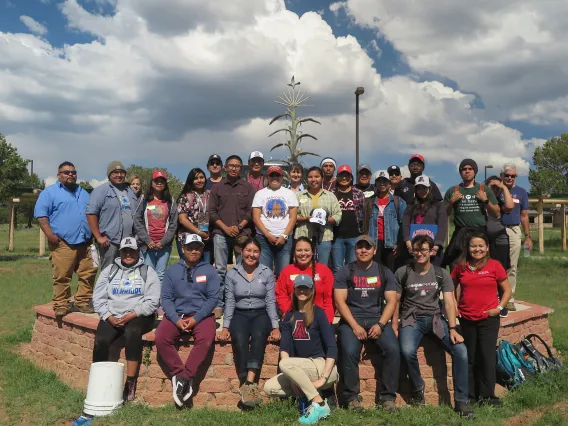
Bridge to STEAM
Bridge to STEAM aims to develop and nurture an authentic, lasting partnership that will create sustained opportunities for Tribal students at Diné College to matriculate into post-secondary education in Science, Technology, Engineering, Agriculture, and Mathematics (STEAM) majors at the University of Arizona and to increase the persistence and graduation of Tribal students throughout their undergraduate careers and into graduate school and/or a high demand workforce.
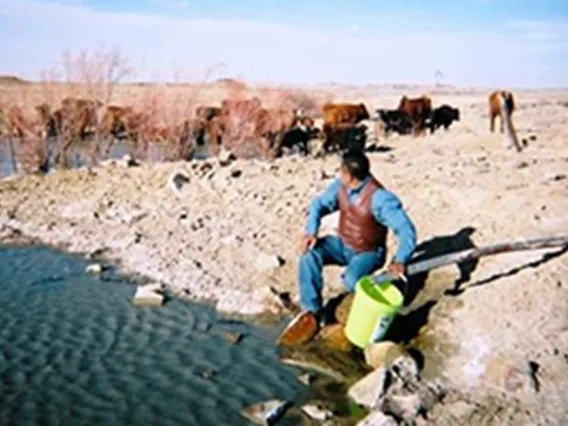
Center for Native Environmental Health Equity Research
Native EH Equity Center - The overarching mission of the Center is to promote resilience through reducing the effects of environmental exposure disparities on the health of Native American Communities. The work of this Center is a partnership with Indigenous communities in southwest (Navajo Nation) and upper Great plants (Crow Nation and Cheyenne River Sioux Tribe). Native EH Equity Center - Dr. Hoover is a Center co-director and co leads a geospatial research project and the community engagement and dissemination core.

Cove (Navajo Nation) Livestock Project
The goals of this community led study are to 1) use geospatial technology to determine the frequency and duration of livestock grazing in proximity to abandoned mines and waste in a community on the Navajo Nation; 2) identify the environmental and land cover factors that are associated with livestock grazing patterns; and 3) determine associations between metal accumulation in animal tissue and grazing and environmental factors. Dr. Hoover's role includes leading community engagement efforts, spatial data analysis and storage, and coordinating research efforts of academic partners. This project is a partnership with Dine College, Northern Arizona University, and two Navajo chapters.
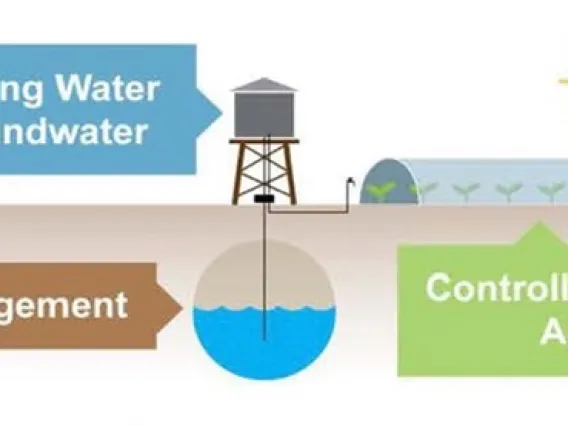
Decision support for agricultural reuse of municipal wastewater effluent On Navajo Nation
Use of reclaimed wastewater for food production in Navajo communities. Methods: (i) effluent sampling and conventional analysis at wastewater treatment plants across the Navajo Nation, (ii) determination of effluent microbiological quality via cell culturing and PCR/RT-PCR, (iii) screening for trace organic contaminants in effluents using LCMS/MS, (iv) field demonstrations in communities (chapters) of the Navajo Nation where irrigation using reclaimed wastewater is under consideration, (v) community outreach and (vi) STEM education in water and agriculture.
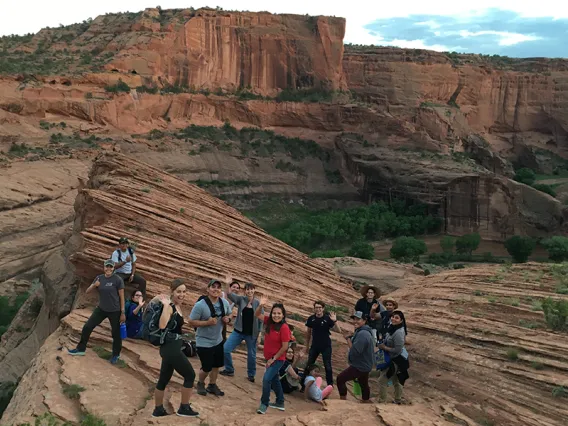
Indige-FEWSS
Dr. Chief is the Principal Investigator and faculty leader of this NSF Research Traineeship at the University of Arizona. The Program trains the next generation of scientists and engineers to work with and within Indigenous communities to address food-energy-water challenges.
In partnership with Diné College, the oldest Tribal College & University in the country, the Indigenous Food, Energy & Water Security and Sovereignty program brings FEWS training to Native American undergraduates and technicians on the Navajo Nation.
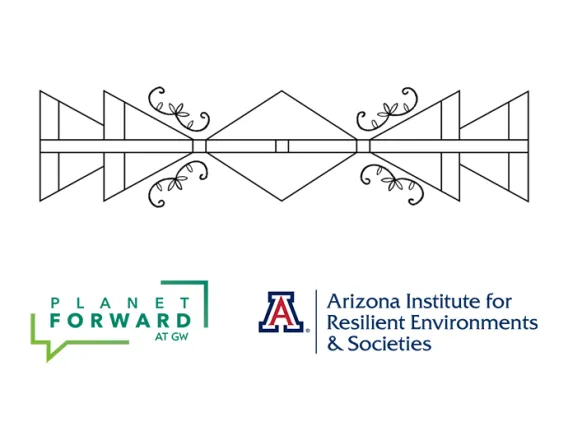
Ilíiaitchik: Indigenous Correspondents Program
The Ilíiaitchik: Indigenous Correspondents Program (ICP) will support 10-12 Indigenous graduate and upper-division undergraduate students from across the United States through a year-long professional development, communication skill-building, and community-generating program led by Indigenous mentors in fields ranging from environmental journalism to podcast production. Ilíiaitchik (Phonetic spelling: "Ih-lia-it-chick") means "to speak good words" in Biiluuke/Crow.
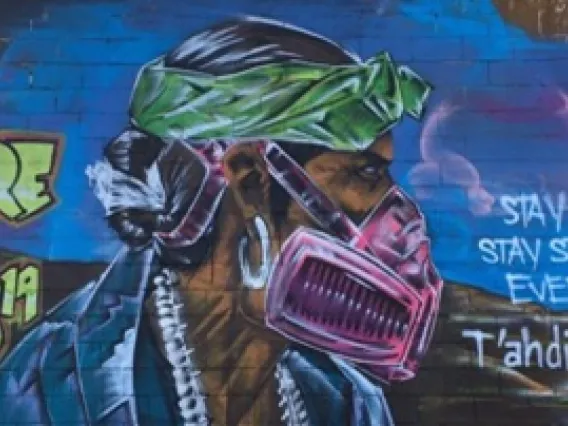
Investigating linkages between arsenic exposure, diabetes, and COVID-19 infections and risks on the Navajo Nation
AIM 1: Identify environmental and individual risk factors for COVID-19 infection and death
AIM 2: Identify Chapter-specific environmental health education mechanisms, messaging and interventions to mitigate risk factors for COVID-19
AIM 3: Develop, implement, and determine effectiveness of culturally appropriate environmental health messaging to prevent COVID-19 infection and death
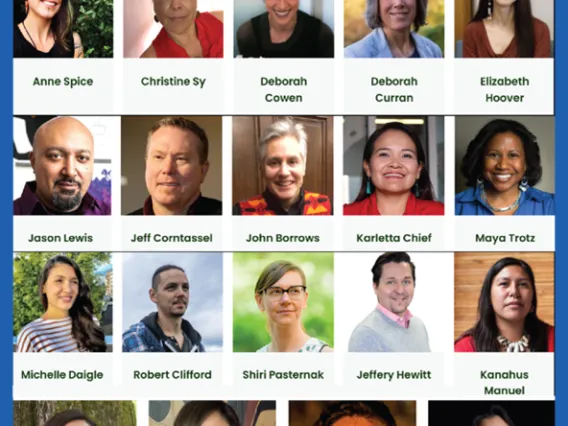
Jurisdiction Back: Infrastructure beyond Extractivism
The team will work in dynamic clusters across various bio-regions to implement experimental demonstration projects that generate new knowledge and insights about when, how and under what conditions the restoration of Indigenous jurisdiction through infrastructure succeeds.
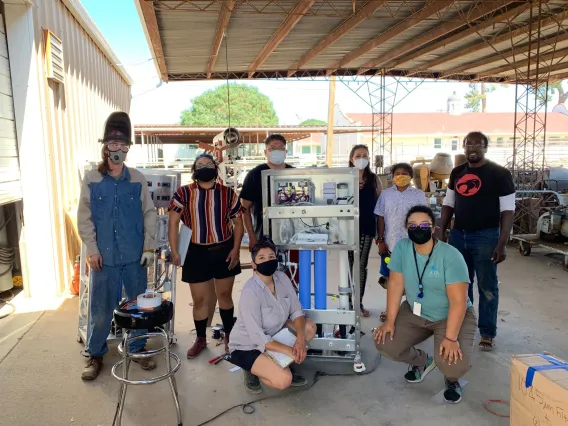
Navajo COVID-19 Water Needs Mapping
Led by Dr. Karletta Chief with partners at Montana State University-Billings, Northern Arizona University, University of New Mexico, and Southwest Research and Information Center, this project maps water needs across the Navajo Nation and provides data to the Nation with respect for data sovereignty.
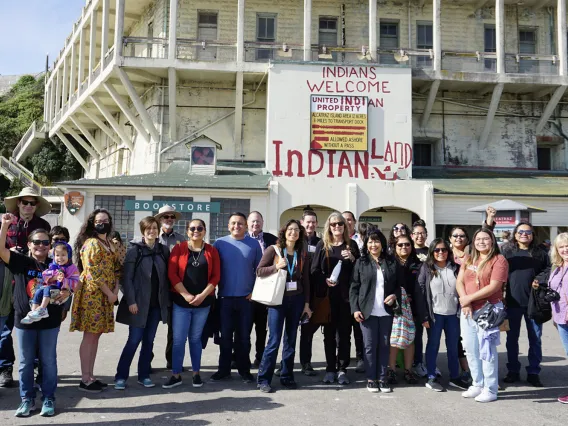
Native FEWS Alliance
Dr. Chief is a faculty leader in the Native FEWS Alliance (the Alliance) The dual vision of the Alliance is to build a highly skilled Native American (NA) STEM workforce at the nexus of Food, Energy and Water and to co-innovate and deploy Indigenous place-based FEWS education and community partnerships.
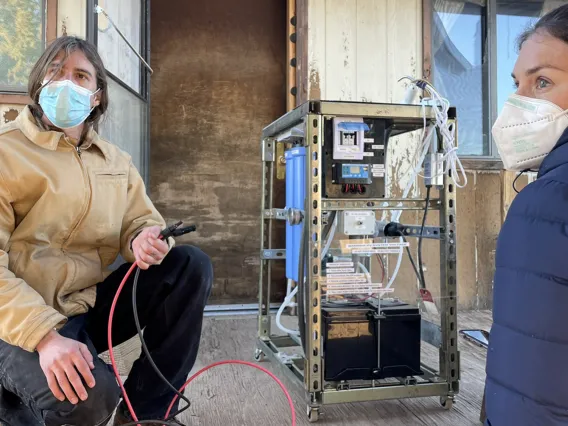
Off-grid Nano-Solar Water Purification Units
Led by Dr. Vicky Karanikola along with Drs. Robert Arnold, Karletta Chief, Kim Ogden, and Kelly Simmons-Potter. This project brings solar nano-filtration units to off-grid homes that transform-- through low cost and energy units – no-potable water into potable water. The project also trains tribal members in the use and maintenance of the units and designs units tailored to local needs.
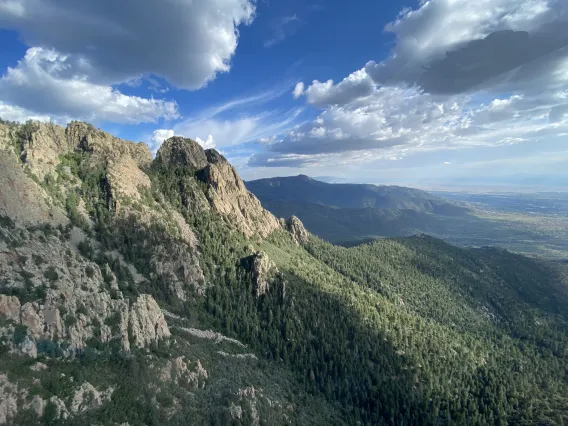
The Transformation Network
A $15 million, five-year project funded by the National Science Foundation that will engage communities in the American Intermountain West to collaboratively address the impacts of climate change, including drought, wildfires and community well-being. It is a multi-disciplinary research effort that represents diverse communities, sectors, disciplines and backgrounds that is aimed at improving regional sustainability.
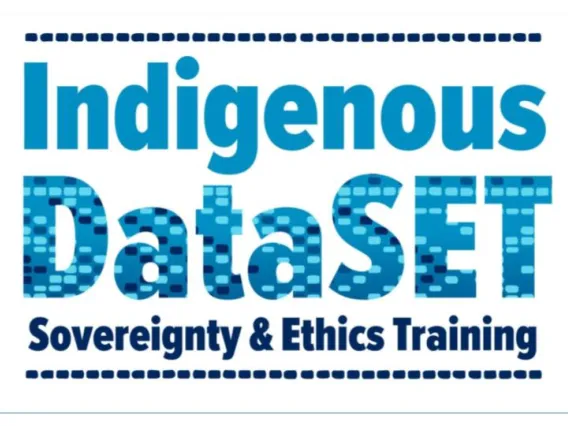
Indigenous Data Set
Funded by the American Indian Research Centers for Health at the Inter Tribal Council of Arizona and led by the top Indigenous Data Sovereignty and Governance expert in the U.S., Dr. Stephanie Russo Carroll, Indigenous DataSET aims to fill knowledge gaps in the ethics and infrastructure for research that impacts Indigenous rights holders to promote a future of more equitable science practices. Ultimately, the project aspires to protect Indigenous communities and their data by enhancing tribal research and data governance in Arizona.
In pursuit of this goal, the Indigenous DataSET team is looking to recruit 15 early career faculty (post-doc through assistant-professor level) in any discipline from public universities and tribal colleges across Arizona to participate as members of the first cohort of Indigenous DataSET Fellows.
Any and all early career faculty from the University of Arizona, Arizona State University, Northern Arizona University, Diné College, San Carlos Apache College, Navajo Technical University and Tohono O’odham Community College are invited to apply to participate in the inaugural cohort of Indigenous DataSET Fellows by July 30, 2023.
Researchers with any level of knowledge and experience in the fields of Indigenous Data Sovereignty (IDSov) and Indigenous Data Governance (IDGov) – including those with no previous exposure to these subjects – are invited to apply to participate in the inaugural cohort during the 2023-24 academic year.
